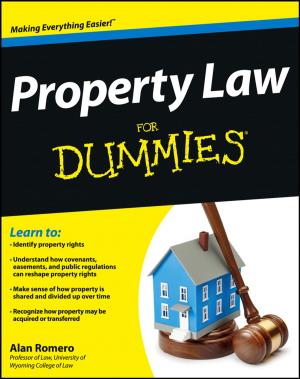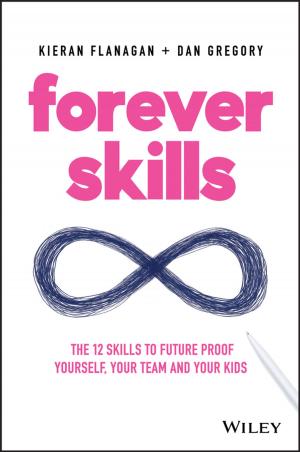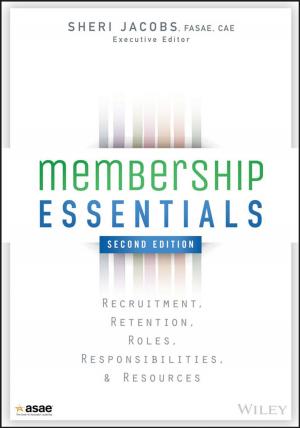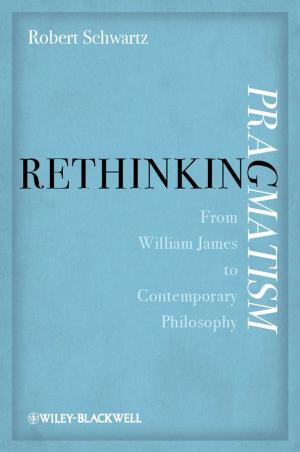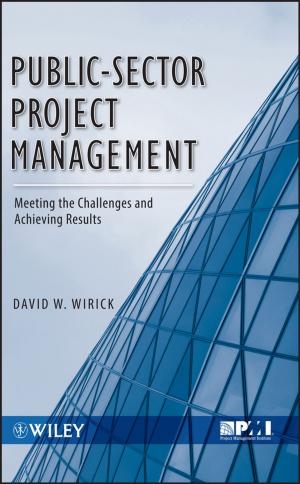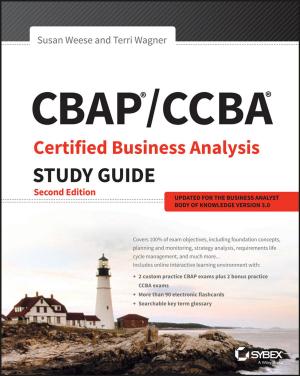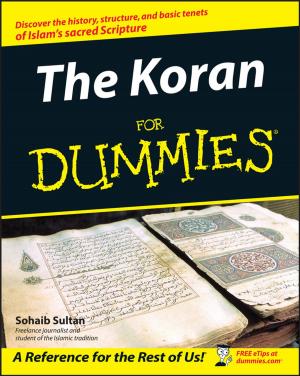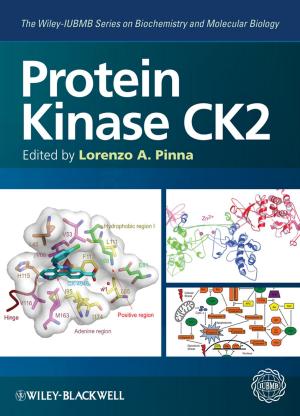| Author: | Michael Mulholland | ISBN: | 9783527801671 |
| Publisher: | Wiley | Publication: | June 17, 2016 |
| Imprint: | Wiley-VCH | Language: | English |
| Author: | Michael Mulholland |
| ISBN: | 9783527801671 |
| Publisher: | Wiley |
| Publication: | June 17, 2016 |
| Imprint: | Wiley-VCH |
| Language: | English |
The basic working knowledge for the practicing control engineer in industry, offered here as a handy deluxe edition comprising two volumes each devoted to methods and practical problems.
Focusing on the practical implementation, the methods volume provides readers with rapid access to process modelling and control, while including the theoretical background necessary. Throughout, the essential knowledge is built up from chapter to chapter, starting with laying the foundations in plant instrumentation and control. Modelling abilities are then developed by starting from simple time-loop algorithms and passing on to discrete methods, Laplace transforms, automata and fuzzy logic. In the end, readers have the means to design simple controllers on the basis of their own models, and to use more detailed models to test them. With its clarity and simplicity of presentation, and illustrated by more than 200 diagrams, the volume supports self-study and teaches readers how to apply the appropriate method for the application required, and how to handle problems in process control.
Bridging theory and practice, the second volume contains over 200 practical exercises and their solutions to develop the problem-solving abilities of process engineers. The problems were developed by the author during his many years of teaching at university and are kept brief, taken from the fields of instrumentation, modeling, plant control, control strategy design and stability of control. The algorithm flows and codes, which are mostly based on MATLAB®, are given in many cases and allow for easy translation into applications.
With a clarity and simplicity of presentation, the two volumes are similarly structured for easy orientation.
The basic working knowledge for the practicing control engineer in industry, offered here as a handy deluxe edition comprising two volumes each devoted to methods and practical problems.
Focusing on the practical implementation, the methods volume provides readers with rapid access to process modelling and control, while including the theoretical background necessary. Throughout, the essential knowledge is built up from chapter to chapter, starting with laying the foundations in plant instrumentation and control. Modelling abilities are then developed by starting from simple time-loop algorithms and passing on to discrete methods, Laplace transforms, automata and fuzzy logic. In the end, readers have the means to design simple controllers on the basis of their own models, and to use more detailed models to test them. With its clarity and simplicity of presentation, and illustrated by more than 200 diagrams, the volume supports self-study and teaches readers how to apply the appropriate method for the application required, and how to handle problems in process control.
Bridging theory and practice, the second volume contains over 200 practical exercises and their solutions to develop the problem-solving abilities of process engineers. The problems were developed by the author during his many years of teaching at university and are kept brief, taken from the fields of instrumentation, modeling, plant control, control strategy design and stability of control. The algorithm flows and codes, which are mostly based on MATLAB®, are given in many cases and allow for easy translation into applications.
With a clarity and simplicity of presentation, the two volumes are similarly structured for easy orientation.

